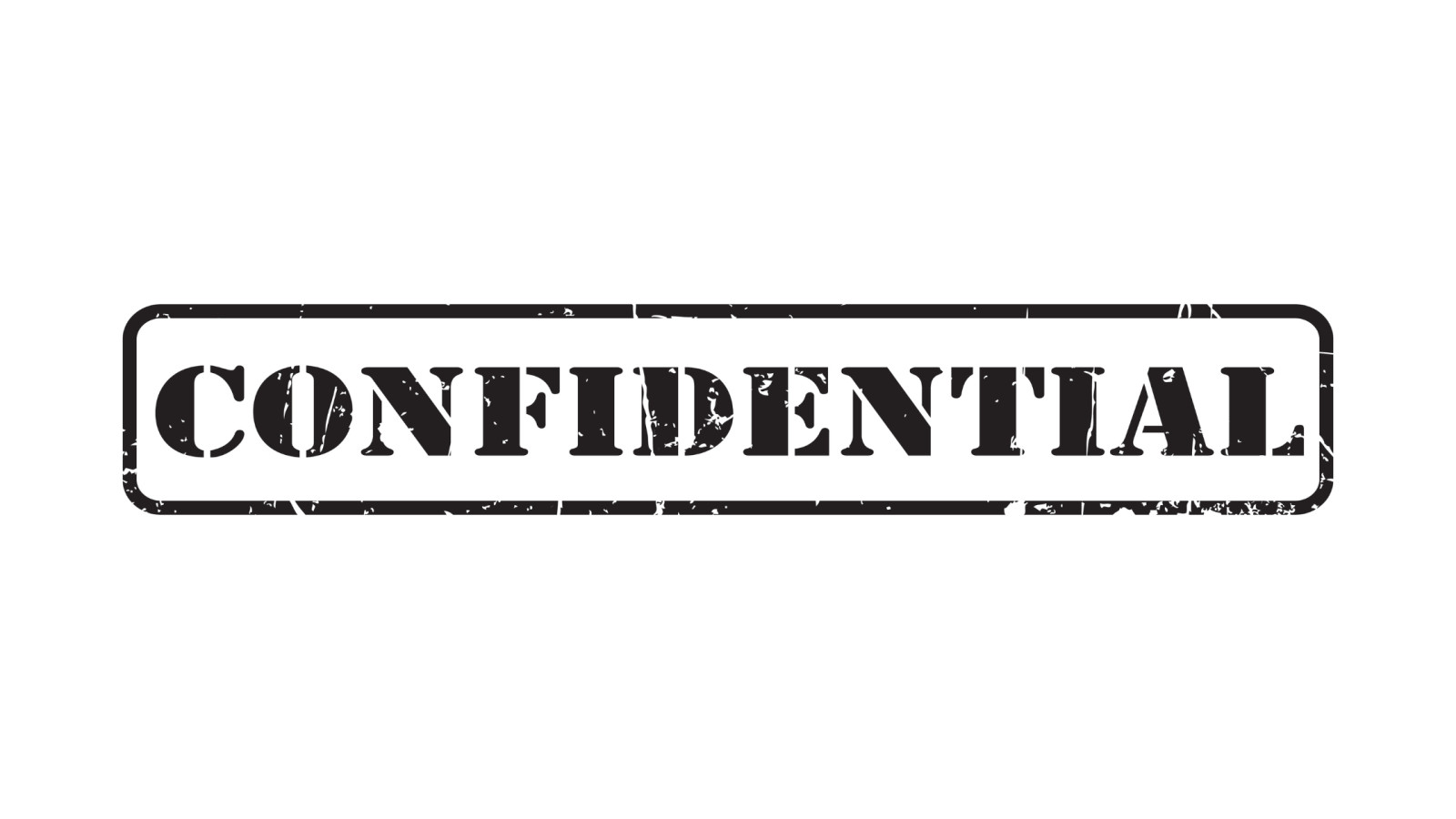The Benefits of Insurance Mediation: Protecting Your Interests
Insurance mediation is a process that helps individuals and businesses resolve disputes with their insurance companies fairly and efficiently. It involves the use of a neutral third party, known as an insurance mediator, who facilitates communication and negotiation between the parties involved. Insurance mediation offers numerous benefits, including cost savings, time savings, improved communication, expertise, confidentiality, flexibility, and avoiding costly and time-consuming litigation.
Understanding Insurance Mediation: What It Is and How It Works
Insurance Mediation is a form of alternative dispute resolution that aims to resolve conflicts between policyholders and insurance companies without the need for litigation. It involves the use of a trained and impartial mediator who helps the parties reach a mutually acceptable resolution. The mediator does not make decisions or impose solutions but instead facilitates communication and negotiation between the parties.
The mediation process typically begins with an initial meeting where the mediator explains the process and sets ground rules. Each party then has an opportunity to present their side of the dispute and express their concerns. The mediator helps identify common interests and areas of agreement and encourages the parties to explore possible solutions. Throughout the process, the mediator remains neutral and impartial, ensuring that both parties have an equal opportunity to be heard.
Compared to other forms of dispute resolution, such as litigation or arbitration, insurance mediation offers several advantages. It is less formal and adversarial than litigation, allowing for more open and constructive communication between the parties. It also provides more flexibility in terms of finding creative solutions that meet the specific needs of each party. Additionally, insurance mediation is generally faster and less expensive than going to court.
The Role of an Insurance Mediator: Advocating for Your Interests
The role of an insurance mediator is to facilitate communication and negotiation between the parties involved in a dispute. The mediator acts as a neutral third party who does not take sides or make decisions but instead helps the parties find common ground and reach a mutually acceptable resolution.
One of the key responsibilities of an insurance mediator is to ensure impartiality and neutrality. They must remain unbiased and not favor one party over the other. This is crucial for building trust and creating an environment where both parties feel comfortable expressing their concerns and exploring possible solutions.
In advocating for your interests, the insurance mediator helps you articulate your needs and concerns effectively. They ensure that your voice is heard and that your interests are taken into account during the negotiation process. The mediator may ask clarifying questions, challenge assumptions, and help you explore alternative options. By doing so, they help you make informed decisions and reach a resolution that meets your needs.
Benefits of Insurance Mediation: Why You Should Consider It
Insurance Mediation offers several benefits that make it a viable option for resolving disputes with insurance companies. Firstly, it is generally more cost-effective than litigation. Mediation fees are typically lower than legal fees, and the process can be completed in a shorter amount of time, resulting in significant cost savings.
Secondly, insurance mediation is a faster process compared to litigation. Court cases can take months or even years to resolve, whereas mediation can often be completed within a few sessions. This allows parties to reach a resolution more quickly and move on with their lives or businesses.
Thirdly, insurance mediation promotes better communication between the parties involved. Unlike litigation, which can be adversarial and confrontational, mediation encourages open dialogue and understanding. The mediator helps facilitate productive conversations and ensures that each party has an opportunity to express their concerns and perspectives.
Real-life examples of successful insurance mediations further highlight the benefits of this process. For instance, in a case involving a homeowner's insurance claim for water damage, the parties were able to reach a settlement through mediation that covered the cost of repairs without the need for litigation. This saved both parties time, money, and stress.
Cost Savings: How Insurance Mediation Can Save You Money
One of the significant advantages of insurance mediation is the potential for cost savings. Litigation can be an expensive process, with legal fees, court costs, and other expenses adding up quickly. In contrast, mediation fees are typically lower and can be shared between the parties involved.
The cost savings of insurance mediation are not limited to the fees paid to the mediator. By resolving disputes through mediation, parties can avoid the additional costs associated with litigation, such as expert witness fees, discovery expenses, and court filing fees. These savings can be substantial and can make a significant difference, especially in complex insurance disputes.
Furthermore, insurance mediation can help parties avoid the financial risks associated with litigation. In a court case, there is always a chance that the outcome may not be favorable to one or both parties. This uncertainty can lead to additional costs if the losing party decides to appeal the decision. Mediation allows parties to have more control over the outcome and reduces the financial risks involved.
Time Savings: How Insurance Mediation Can Expedite the Claims Process
In addition to cost savings, insurance mediation can also expedite the claims process. Litigation can be a lengthy and time-consuming process, with cases often taking months or even years to resolve. This can cause significant delays in receiving compensation or resolving disputes.
Mediation, on the other hand, is generally a faster process. The parties involved can schedule mediation sessions at their convenience, allowing for more flexibility in terms of timing. Additionally, mediation does not require extensive preparation or waiting for court dates, which can further expedite the process.
The timeline for insurance mediation is typically much shorter than that of litigation. While court cases can drag on for months or even years, mediation sessions can often be completed within a few hours or days. This allows parties to reach a resolution more quickly and move forward with their lives or businesses.
Improved Communication: How Insurance Mediation Can Facilitate Better Communication Between Parties
Effective communication is crucial for resolving disputes, and insurance mediation can help facilitate better communication between the parties involved. Unlike litigation, which can be adversarial and confrontational, mediation encourages open dialogue and understanding.
The insurance mediator plays a vital role in promoting better communication. They create a safe and neutral environment where both parties can express their concerns and perspectives without fear of judgment or reprisal. The mediator ensures that each party has an opportunity to be heard and helps them understand each other's viewpoints.
By improving communication, insurance mediation can help parties find common ground and reach a resolution that meets their needs. It allows for a more collaborative approach to problem-solving, where both parties work together to find mutually acceptable solutions. This can lead to more sustainable and long-lasting agreements compared to court-imposed decisions.
Expertise: How Insurance Mediators Can Provide Valuable Expertise and Insight
Insurance mediators bring valuable expertise and insight to the mediation process. They are trained professionals who have a deep understanding of insurance policies, claims processes, and industry standards. This expertise allows them to provide guidance and support to the parties involved.
Unlike judges in litigation, who may have limited knowledge of insurance matters, mediators specialize in insurance disputes. They are familiar with the complexities of insurance policies and can help parties navigate through the intricacies of their claims. This expertise ensures that the parties make informed decisions and reach resolutions that are fair and reasonable.
Insurance mediators also have a wealth of experience in facilitating negotiations and resolving conflicts. They are skilled in managing emotions, defusing tensions, and finding common ground between parties with differing interests. This experience allows them to guide the parties towards mutually acceptable solutions and help them overcome impasses.
Confidentiality: How Insurance Mediation Can Ensure Confidentiality and Privacy
Confidentiality is another significant advantage of insurance mediation. Unlike court proceedings, which are generally open to the public, mediation sessions are confidential and private. This means that the discussions and information shared during mediation cannot be used against the parties in future legal proceedings.
Confidentiality in insurance mediation allows parties to speak freely and openly without fear of their statements being used against them. It creates a safe space where parties can explore possible solutions and make compromises without worrying about the potential consequences.
Additionally, confidentiality can help preserve relationships between the parties involved. Insurance disputes can often strain relationships, whether it is between policyholders and insurance companies or between business partners. By keeping the details of the dispute confidential, mediation allows parties to maintain their privacy and protect their professional or personal relationships.
Flexibility: How Insurance Mediation Can Offer More Flexible Solutions
Insurance mediation offers more flexibility compared to litigation when it comes to finding solutions that meet the specific needs of each party. In court cases, judges are bound by legal precedents and statutes, which can limit their ability to consider unique circumstances or individual interests.
Mediation, on the other hand, allows for more creative and flexible solutions. The mediator helps parties explore a wide range of options and encourages them to think outside the box. This flexibility can lead to agreements that are tailored to the specific needs and interests of each party, resulting in more satisfactory outcomes.
For example, in an insurance dispute involving a business interruption claim, mediation may allow for a resolution that goes beyond monetary compensation. The parties may agree on alternative arrangements, such as providing temporary workspace or assistance with marketing efforts, to help the business recover from the loss.
Avoiding Litigation: How Insurance Mediation Can Help You Avoid Costly and Time-Consuming Litigation
One of the primary benefits of insurance mediation is its ability to help parties avoid costly and time-consuming litigation. Going to court can be a lengthy and expensive process, with no guarantee of a favorable outcome. Mediation offers a viable alternative that allows parties to resolve their disputes more efficiently and effectively.
By choosing mediation over litigation, parties can save significant amounts of time and money. Mediation fees are generally lower than legal fees, and the process can be completed in a shorter amount of time. This allows parties to reach a resolution more quickly and move on with their lives or businesses.
Furthermore, mediation allows parties to have more control over the outcome of their dispute. In court cases, the decision is ultimately in the hands of a judge or jury, who may not fully understand the complexities of insurance matters. Mediation allows parties to work together to find mutually acceptable solutions that take into account their unique circumstances and interests.
Peace of Mind: How Insurance Mediation Can Provide Peace of Mind and Security for Your Future
Insurance Mediation can provide peace of mind and security for the future. Resolving disputes through mediation allows parties to reach agreements that are tailored to their specific needs and interests. This ensures that their concerns are addressed and that they can move forward with confidence.
Litigation can be a stressful and uncertain process. The outcome is often unpredictable, and there is always a chance that the decision may not be favorable to one or both parties. This uncertainty can cause significant stress and anxiety, affecting both personal well-being and business operations.
Mediation offers a more collaborative and constructive approach to resolving disputes. It allows parties to have more control over the outcome and reduces the stress and uncertainty associated with litigation. By resolving through mediation, parties can have peace of mind knowing that their concerns have been heard and addressed.
Insurance mediation is a valuable tool for resolving disputes between policyholders and insurance companies. It offers numerous benefits, including cost savings, time savings, improved communication, expertise, confidentiality, flexibility, and avoiding costly and time-consuming litigation.
By choosing insurance mediation, parties can save money, expedite the claims process, facilitate better communication, access valuable expertise, ensure confidentiality, find flexible solutions, avoid litigation, and gain peace of mind and security for the future. It is a viable alternative to litigation that allows parties to resolve their disputes fairly and efficiently.























0 Comments